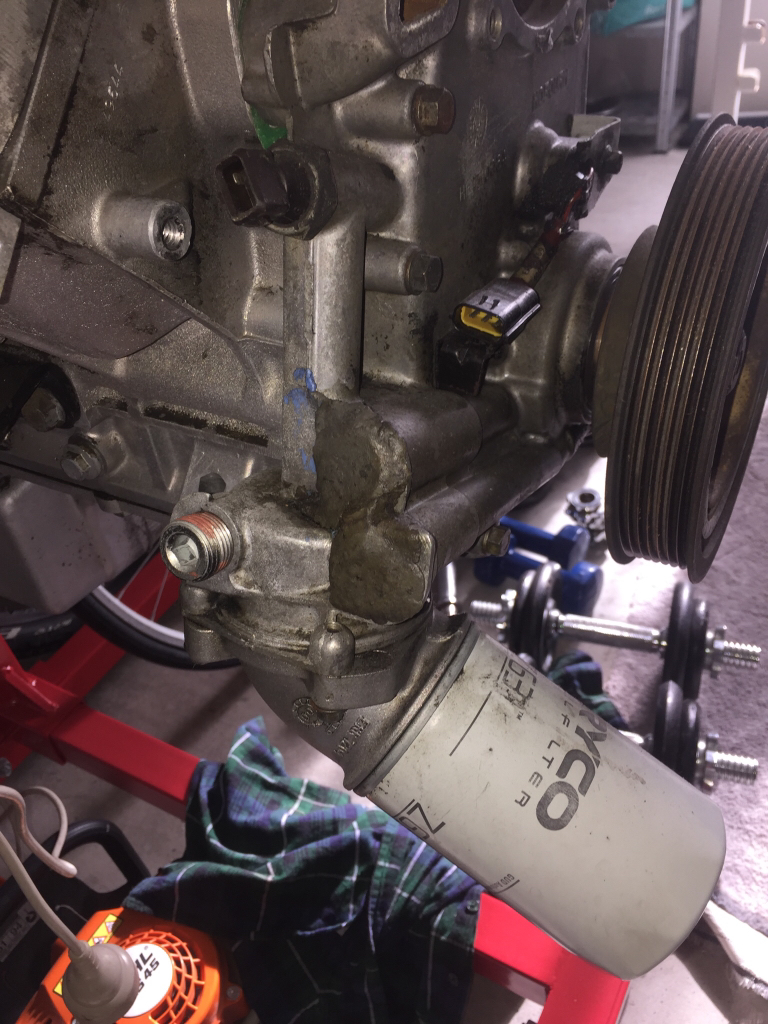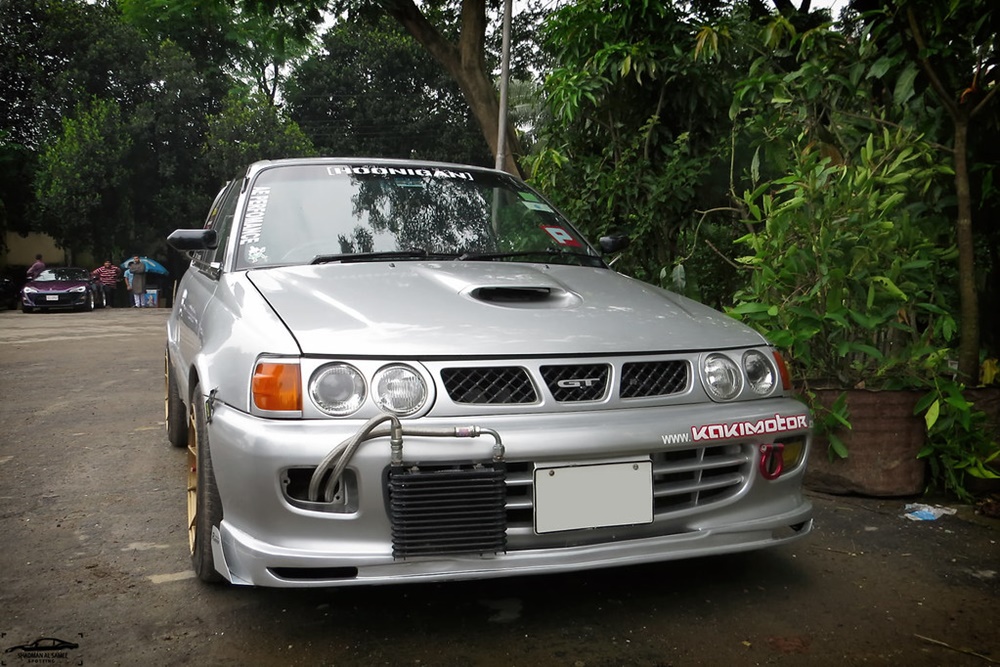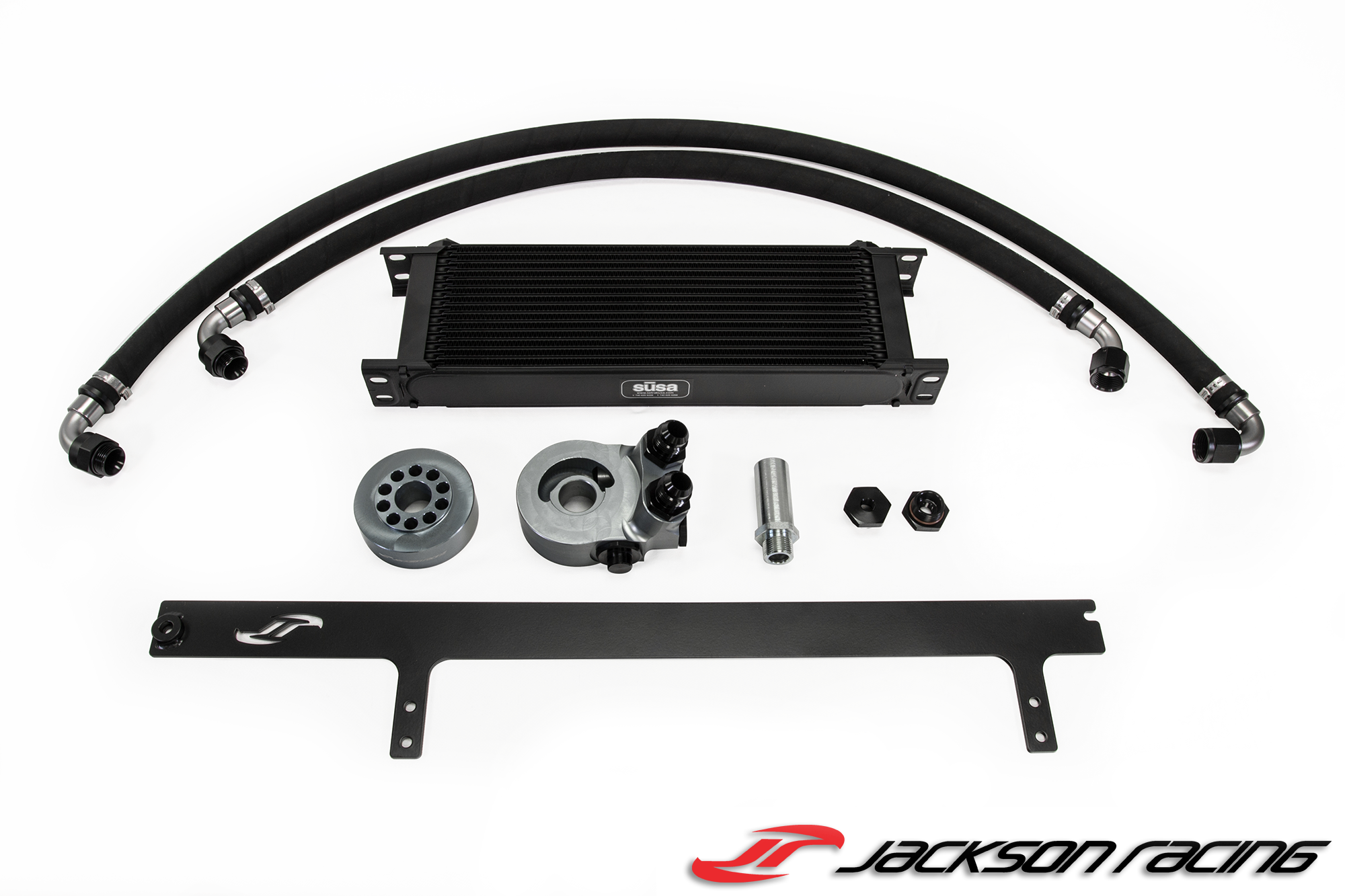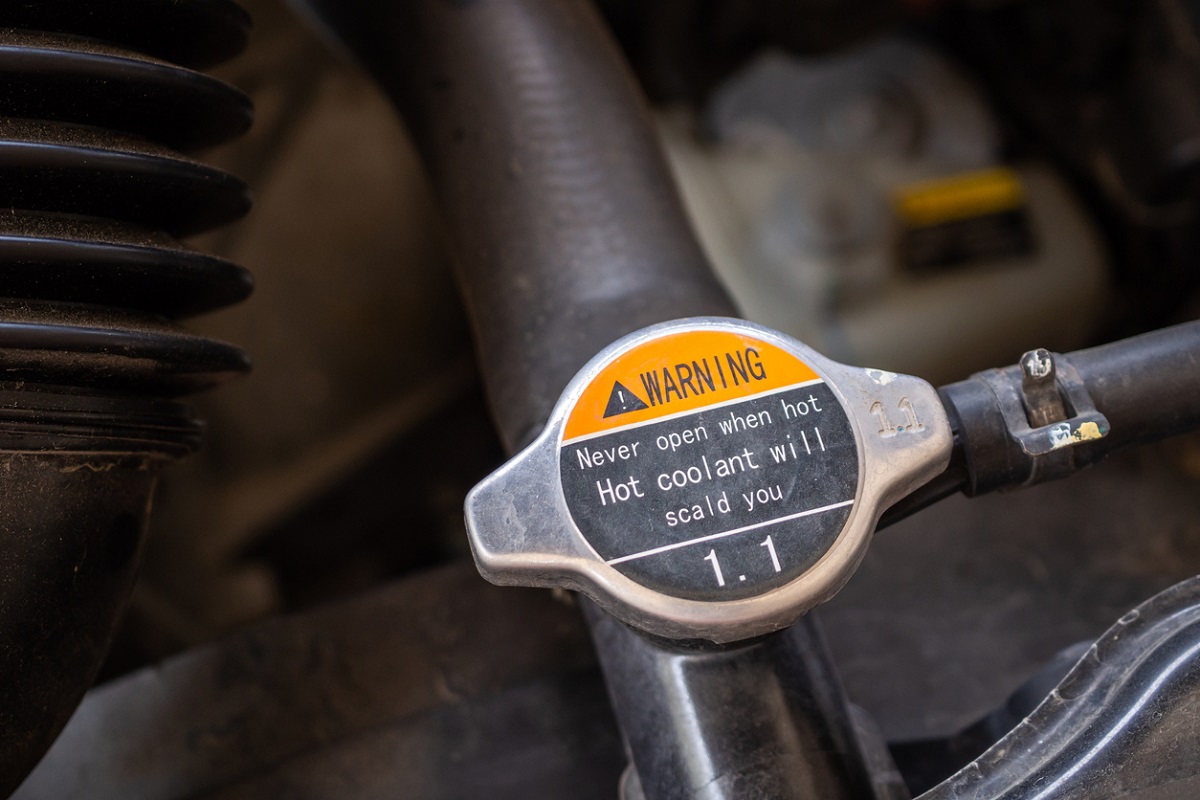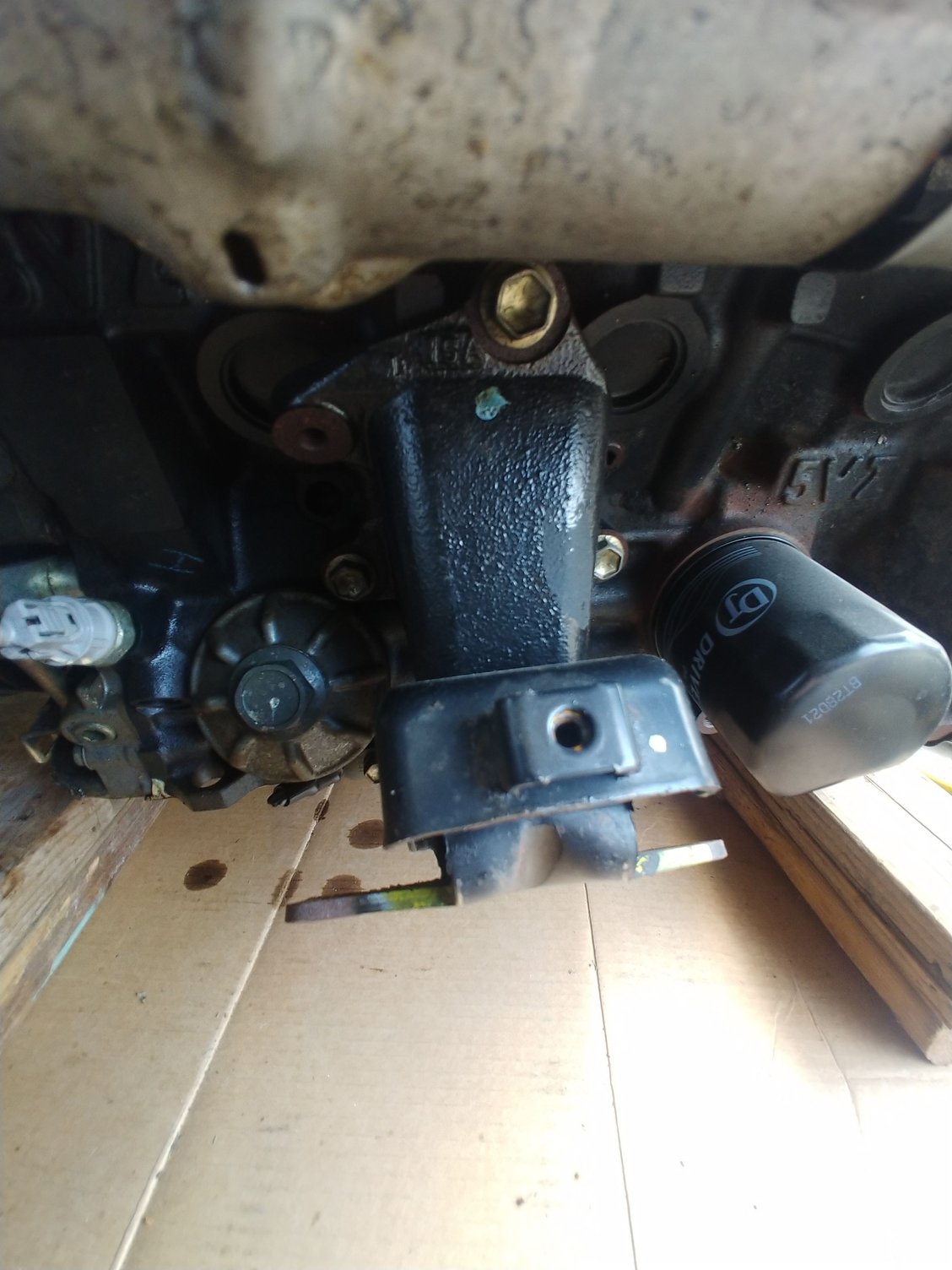Cooler air cools better than warmer air. Overall adding an oil cooler to a vehicles engine will help to extend the life of the oil therefore extending the life of the engine.

Why Do You Need An Oil Cooler Jagg Oil Coolers
Do i need an oil cooler. The oil cooler is designed to come in a one pass two pass or even triple pass design. Oil coolers require airflow to take heat away. However adding an oil cooler will result in the need of more oil per oil change since there is more oil needed to fill the coil and lines. Oil coolers are optional. The oil cooler is based on the same flow through principle as the transmission cooler. Do i need an oil cooler also.
On the other hand if you are planning to take your car to track days or fitting a car out for proper racing implementing an oil cooler would be a good idea as most normal road cars arent. Given the cost of a new overdrive automatic protecting one with amsoil synthetic atf a derale oil cooler and cooling pan are affordable additions to prevent premature failure. Most factory cooling systems however maintain fluid temperatures of approximately 200 to 220 degrees which means the maximum temperature drop it can create in your oil still exceeds the ideal temperature. The airflow equation is a little complicated. As a basic rule of thumb most drivers will add as big of an oil cooler as can fit in a space that receives good airflow and then add a thermostat so that the oil can be kept at a proper temperature. Your engine functions at its best when the oil is between 180 and 200 degrees.
As airflow velocity increases the additional benefit decreases the graph begins to flatten around 40 mph. More airflow is better. Cooling depends on the difference in temperature between the air and the oil. Typically a fluid control thermostat allows. Many people choose an oil cooler when their towing application is heavy duty such as towing a fifth wheel trailer or gooseneck trailer. Installation of an engine oil cooler can solve this problem by working with your factory cooler to provide the necessary additional cooling power.
When an engine is started a fluid control thermostat will allow only enough oil to pass through the cooler to keep it flowing and avoid cold oil shock.

